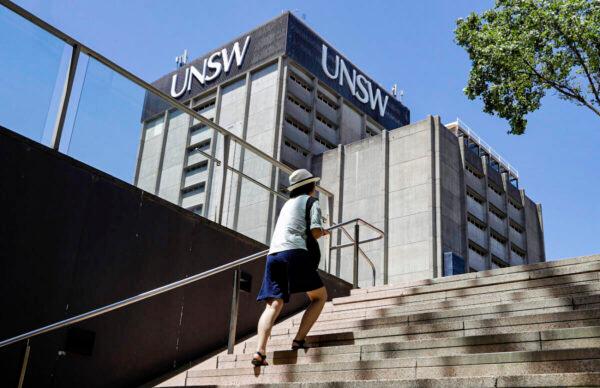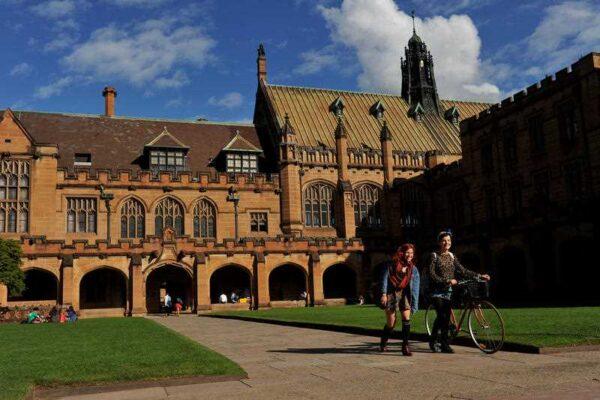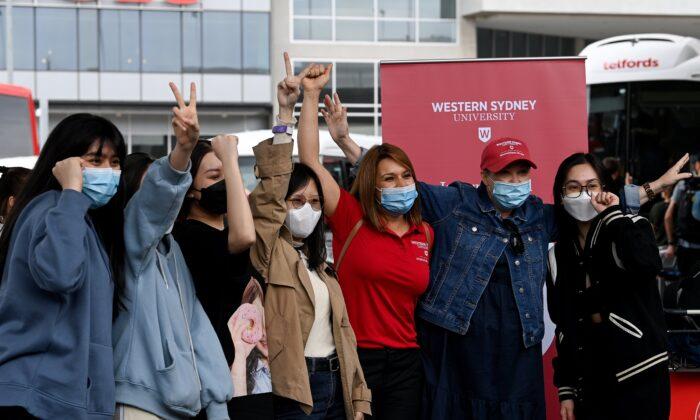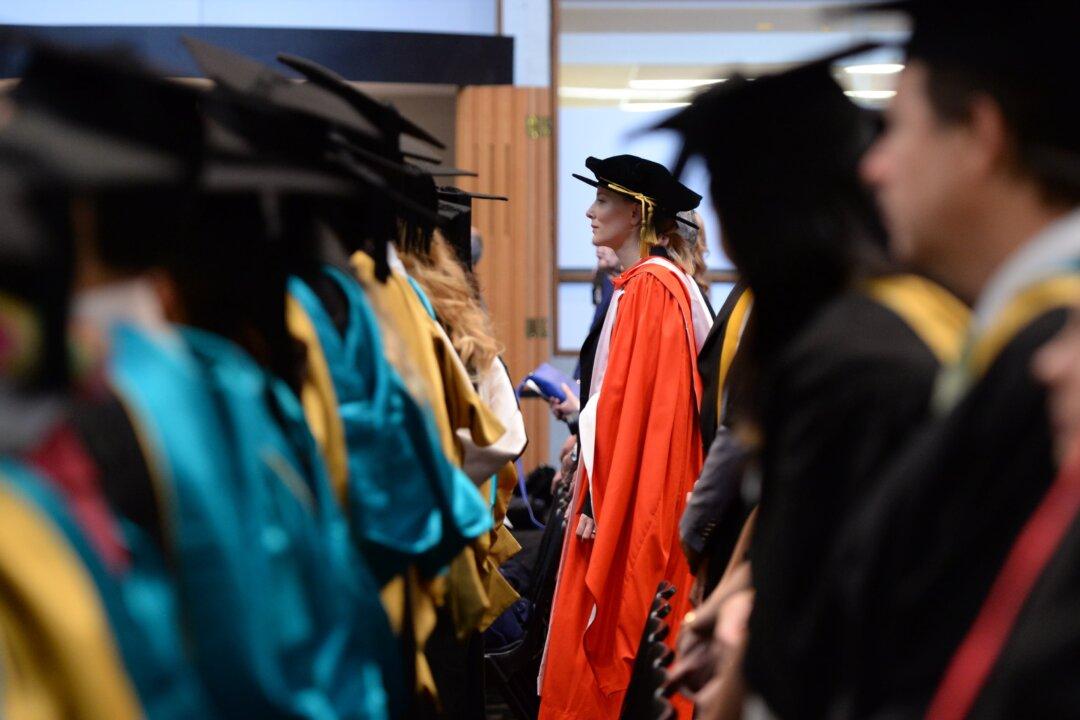Alex Chevrolle, director of external relations at education provider Study Group Australia, recently argued that the Labor government should develop a new funding strategy to ensure that universities do not have to depend on fluctuating and decreasing international student fees. It is well-known that international students pay higher enrolment fees than domestic students. The income generated by the fees paid by international students supports universities’ research and teaching projects.
“We have a chance to reset our reputation as a leading education destination, but it will require changing the way we view these students—not as economic commodities, but as individuals who make a significant contribution to Australian society,” Chevrolle said on May 31.
According to Study Group Australia, international student enrolments in Australia fell 13 percent in 2021 because of COVID-19 restrictions. Government figures indicate that, in 2019-20, total investment in research as a percentage of GDP (gross domestic product) fell to 1.79 percent, down from 2.1 percent in the previous decade and substantially below the OECD average of 3.3 percent of GDP in 2019.
Yet, in a climate of declining international student enrolments, the University of Queensland, in its Annual Report for 2021, recorded a modest operational profit. The University of Sydney also announced a profit, despite the COVID-19 pandemic. This favourable outcome indicated that the decline in international student enrolments may not have caused much financial stress for the Australian university sector.
International students, who otherwise would have attended in person, are now accessing zoomed lectures and completing their education online. Of course, online teaching adversely affects the quality of students’ education because it is difficult, if not impossible, to promote a robust exchange of ideas, but it has not substantially decreased the profitability of universities. Online distance education may even have favourably affected universities’ budgets because there is no need to provide lecture rooms and related facilities, thereby lowering universities’ overhead costs.

Chevrolle’s plea not to use international students as “economic commodities” is a timely reminder of the need to reset Australia’s reputation as an education provider of choice by re-affirming the traditional role of the university sector in the teaching of international students. Specifically, his concern that international students are valuable cash cows, should be addressed.
To enhance the reputation of Australia’s university sector, international students should be offered an excellent educational experience that represents value for money and enhances the mission and function of universities, which is teaching and research. Teaching and research are inextricably intertwined because research is informed by teaching and teaching is enhanced by research.
Although there is only fragmented and inconclusive evidence that the COVID-19 pandemic has changed the way in which research is funded in Australian universities, the pandemic certainly has alerted the academic community to the importance of reaffirming the vital role played by research and the need to complement it with truly excellent teaching.
This role was acknowledged by Alfred North Whitehead, a venerated professor of education at Harvard University, who argued that the imaginative acquisition and extension of knowledge, involving teaching and research, is the function of universities.
In his classic book “The Aims of Education and Other Essays,” published in 1929, commenting upon the purpose for which universities have been founded, he stated:
“The primary reason for their existence is not to be found either in the mere knowledge conveyed to the students or in the mere opportunities for research afforded to the members of the faculty ... The justification for a university is that it preserves the connection between knowledge and the zest for life, by uniting the young and the old in the imaginative consideration of learning. The university imparts information, but it imparts it imaginatively.”

Chevrolle’s exhortation to provide international students with a first-rate education, however, fails to consider what is the greatest danger to the reputation of universities, namely the contamination of research and teaching by the politically correct brigade.
University academics, in extending knowledge by undertaking research and teaching imaginatively, seek to pursue “truth,” regardless of the consequences. However, the pursuit of truth has become a perilous undertaking because research and teaching “neutrality,” as opposed to “objective truth,” is often the preferred policy of the modern university.
In this context, an education commentator, Salvatore D’Urso, has argued as early as the 1970s and 1980s that there is a tendency in contemporary universities towards the “morbidly exaggerated cult of neutrality,” which impairs academic commitment to truth.
The concept of “neutrality” refers to the expectation that researchers and teachers will refrain from violating the “sensitivities” of the wider university community or society.
Thus, in Speech Codes, now adopted by universities worldwide, the concept of “research and teaching neutrality” may well prevail over the pursuit of “truth” and often masquerades as “objectivity.”
But, in order to provide international students—indeed all students—with an excellent educational experience, a policy of neutrality should not be relied upon to abdicate a duty to research and teach responsibly and imaginatively.
Chevrolle’s plea is thus a timely and strong message, which should be heeded by the university sector. As the COVID-19 emergency is winding down, Australian universities have indeed an opportunity to reset their reputation by conducting neutrality-free research and teaching and providing international students with outstanding and imaginative educational experiences. Only then will their fees be well spent.






Friends Read Free